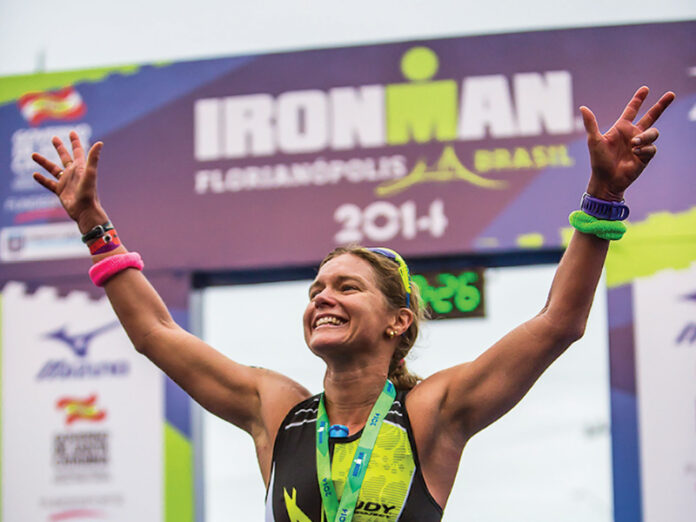
Arguments for equality between the sexes typically revolve around the idea that men and women are of equal ability, equal intelligence and should have equal opportunity to vote and to be educated. This can be inadequate when it comes to sport because of the obvious physiological differences that generally mean the best men are faster and stronger than the best women.
So if the best men will beat the best women in most sporting arenas, why should women have equal access and opportunity in sports? Why should they fight for equal pay, opportunity and media recognition? If we will always be slower and weaker, why bother? Let me tell you why.
I have been a leader in a movement called TriEqual, a group dedicated to issues of fairness in sport. One of our fights involves the World Triathlon corporation opening an equal number of spots for men and women at the Ironman World Championships in Hawaii. At the world’s most prestigious triathlon, professional men have 50 spots on the startline, while women get 35. There should be equal opportunity, equal spots, for both sexes.
From baseball to soccer to marathon running, sports have roots in a male-dominant society. Most sports value speed, strength and agility — all admirable qualities, but slightly biased toward male attributes. If sport had been born in a more gender-equal environment, the very concept of sport would have evolved differently and most likely would have included more elements of flexibility, balance and timing, like in modern ballet, balance beam and synchronized swimming.
Sport offers the opportunity to be active and healthy, to form communities and develop self-esteem. Professional sport is entertaining, inspiring and athletes can be role models for children and young adults. If these are our reasons for watching and playing sports, why should women’s sport be treated any differently to men’s?
I think it’s fair to say women’s sport is as exciting and interesting as men’s sport. For example, in tennis the women’s game has longer rallies and many prefer it over the men’s game.
In Ironman triathlon, the professional women have a wider spread after the swim and during the bike. There are not as many groups that form and, if they do, they are not as large, making Ironman more of an individual race for the women.
If we compare men and women directly to each other without seeing the bigger picture, we would find women wanting in many sports. But gender equality demands respect for the differences between male and female athletes. If we take the time to be educated and understand the nuances of the women’s race in any sport, we would all be fans.
Consider this: it is unclear whether the differences we see between the sexes in sporting arenas are due to permanent physiological characteristics or to cultural and social norms and accepted inequalities. Let’s suspend judgment for a moment and consider the possibility that given enough time, women might one day compete head-to-head with the men. In fact, it’s happening in many sports already.
In 1972, Lynne Cox swam the English Channel in record time. Danica Patrick, the only female driver in the race, won the Japan Indy 300 in 2008. In many equestrian sports, women and men compete head to head. In the 2012 Olympic Games, Anky Van Grunsven of the Netherlands won the gold medal in dressage. Women also took the silver and bronze in individual eventing in the same year.
Pam Reed won the Badwater Ultradistance race overall in 2002 and 2003. Hillary Biscay took the bronze at the Ultraman World Championships in 2013 and Amber Monforte did the same in 2012. Ironman World Champion Mirinda Carfrae had the 3rd fastest run split at the World Ironman Championships in 2013. And there are several other sports where women have won international competitions overall including, sailing, bowling, wrestling and rock climbing.
If we want to talk about gender equality in sport, we need first to consider the very definition of sport and what value we place on various physical attributes. We need to educate ourselves and our children about the nuances of the men’s and women’s game and we need to keep an open mind to the idea that women will continue to go further, jump higher and be stronger than we currently conceive.















